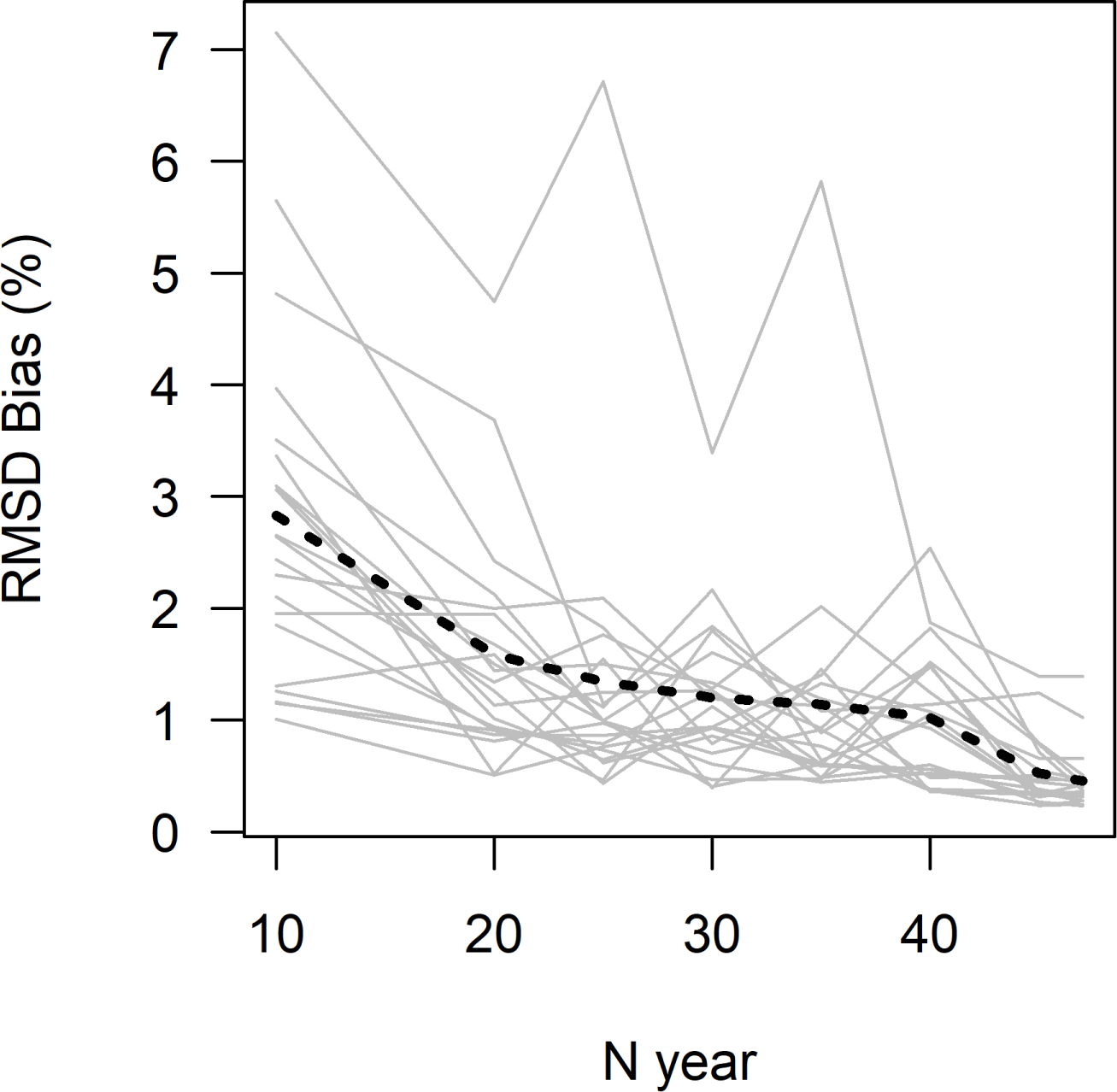


"A skill test forces employers to critique the quality of a candidate's work versus unconsciously judging them based on appearance, gender, age, and even personality," she says. Asking candidates to solve work-related problems or "partake in a skill test" yields important insights. Evaluating work sample tests from multiple applicants also helps "calibrate your judgment to see how Candidate A compares to Candidate B." Gino concurs. " Work sample tests that mimic the kinds of tasks the candidate will be doing in the job," are the best "indicators of future job performance," according to Bohnet. "It is easy for bias to trickle in when such a process is not decided a priori." A blind, systematic process for reviewing applications and resumes "will help you improve your chances of including the most relevant candidates in your interview pool, including uncovering some hidden gems," adds Gino.
#Ask and it is given conciousness calibration software
You need to look at what each person brings to the table." Again, software programs that blind the process for you are useful, says Gino. "The fact is Latisha and Jamal do not get the same number of callbacks as Emily and Greg. Next, you need to "level the playing field" by " ensuring you are focused" on your candidate's specific qualifications and talents, not surface "demographic characteristics," says Bohnet. The goal here is to "explore and see how affect your pool. "Go back and forth between the words 'build' and 'create,'" for example. "Then you can either remove the words and replace them with something more neutral," or strive to strike a balance by using the same number of gendered descriptors and verbs. Software programs that highlight stereotypically gendered words can help counteract this effect, says Bohnet. Research shows that masculine language, including adjectives like "competitive" and "determined," results in women "perceiving that they would not belong in the work environment." On the other hand, words like "collaborative" and "cooperative," tend to draw more women than men. "Even subtle word choices can have a strong impact on the application pool," says Gino. Job listings play an important role in recruiting talent and often provide the first impression of a company's culture. "Awareness training is the first step to unraveling unconscious bias because it allows employees to recognize that everyone possesses them and to identify their own." The idea is to create an "organizational conversation" about biases and help spark ideas on "steps the organization as a whole can take to minimize them." Gino recommends managers look into providing workers with education and training on the topic. To begin, you'll need to understand what hiring prejudices are and how they operate. When it comes to biases and hiring, managers need to "think broadly about ways to simplify and standardize the process," says Bohnet.


 0 kommentar(er)
0 kommentar(er)
